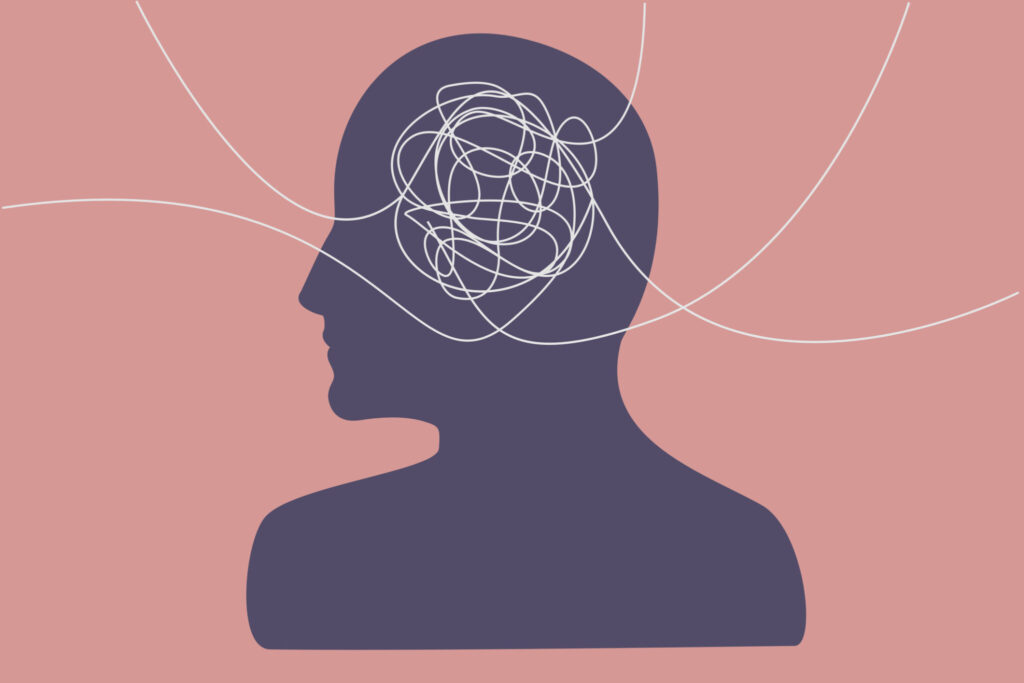Why Catastrophizing Hurts Rheumatoid Arthritis Care

In my new column for CreakyJoints Canada, I share a different perspective on the concept of catastrophizing:
“The pain that accompanies rheumatoid arthritis (RA) can be overwhelming and life-changing. Learning how to cope with pain, whether intermittent or chronic, is an essential part of creating a good life with RA.
It is important to build a team of people who support you in your treatment journey, including friends, family members, and of course, your doctors. But since pain is invisible and can’t be measured, there are a number of barriers to others understanding how you feel. One such barrier is the concept of catastrophizing, a concept that is frequently studied and discussed in rheumatology research. And it’s a concept that I believe makes it next to impossible for rheumatologists and researchers to understand those of us who live with this chronic condition.
What Is Catastrophizing?
The term catastrophizing, also described as pain catastrophizing, is defined as “a tendency to report pain experience in exaggerated terms, to ruminate about it more, or to feel helpless about it.” In other words, it’s a concept that describes someone having a hard time dealing with being pain. It’s the very opposite of coping and resilience.
Right there in the definition itself, we run into problems. Let’s take them one at a time.
Who decides what is an “exaggerated” report of pain? Without objective tests, we are forced to rely on subjective measurements, specifically the 10-point pain scale. We like to believe that numbers are at least somewhat scientific, but in this case, it isn’t.
One, people have different tolerance of and reactions to pain, meaning my 5 on the scale may not be yours. Secondly, unless each number on the scale is accompanied by a description of the associated effect on your life, you and your doctor very likely have different interpretations of what each number means. And that creates room for your doctor to decide that your number exaggerates how much pain you actually have.
Ruminating happens when you “focus repetitively on feelings related to distress.” To me, this seems like a definition invented by someone who has never been in pain. The pain that accompanies RA inflammation is overwhelming. When your joints swell, fluid builds up in and around joints in spaces that are not designed for this. When your knees swell to the size of a football and the fluid moves into those spaces, it feels as if the joint is being pried apart with a crowbar. That’s distressing and it makes it very difficult to focus on anything else.”
Read more about how I believe the notion of catastrophizing hurts RA care on CreakyJoints Canada.
Tag:
2 Comments
Read More
Discover what else I've been writing about...
















I think Catastrophizing is the most underrated symptom of RA> I know when I fall in the well, It can take days to years to get out. Stay out of the hole for certian.
Exactly! It’s constant work to not go into that panic.